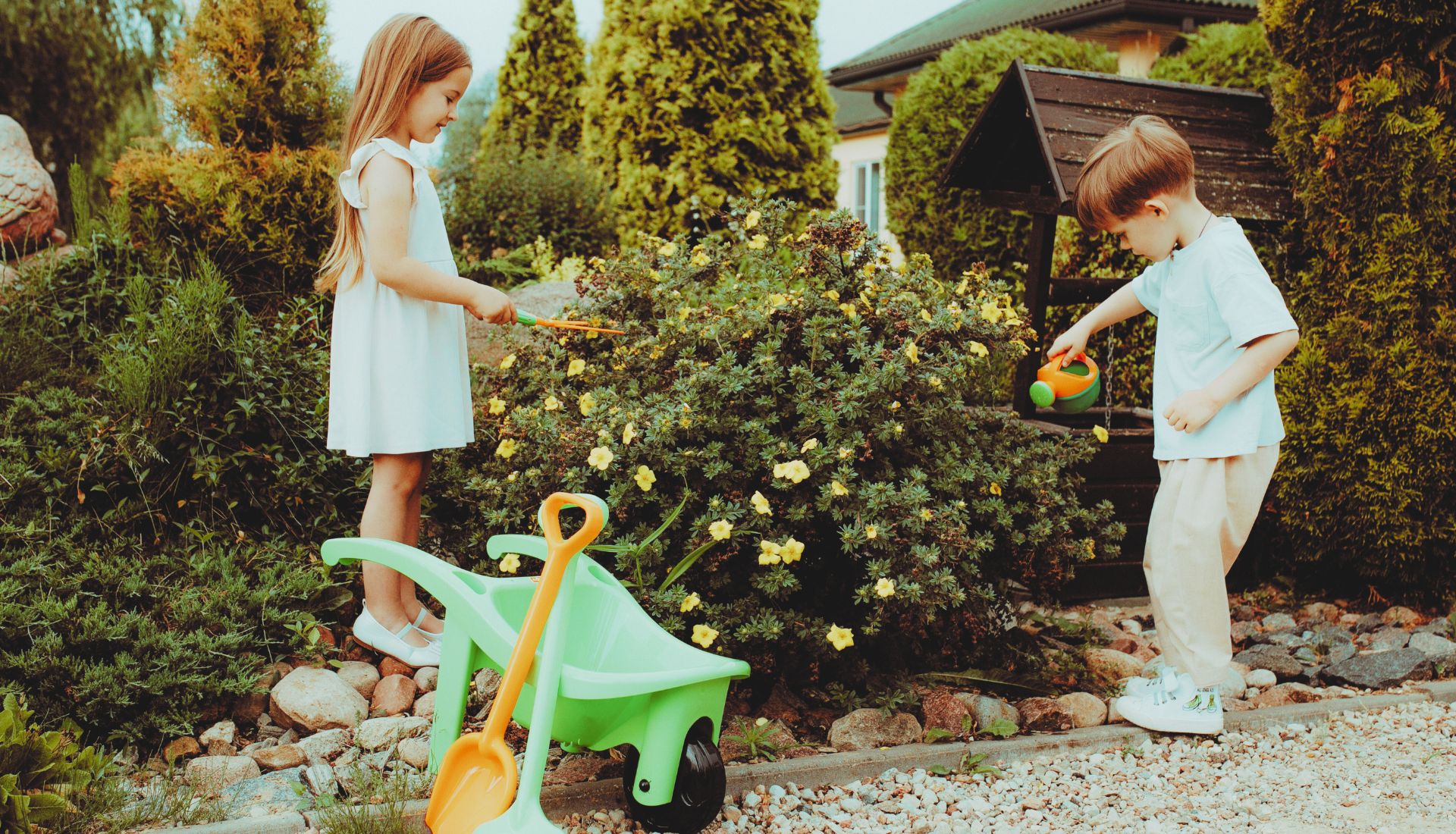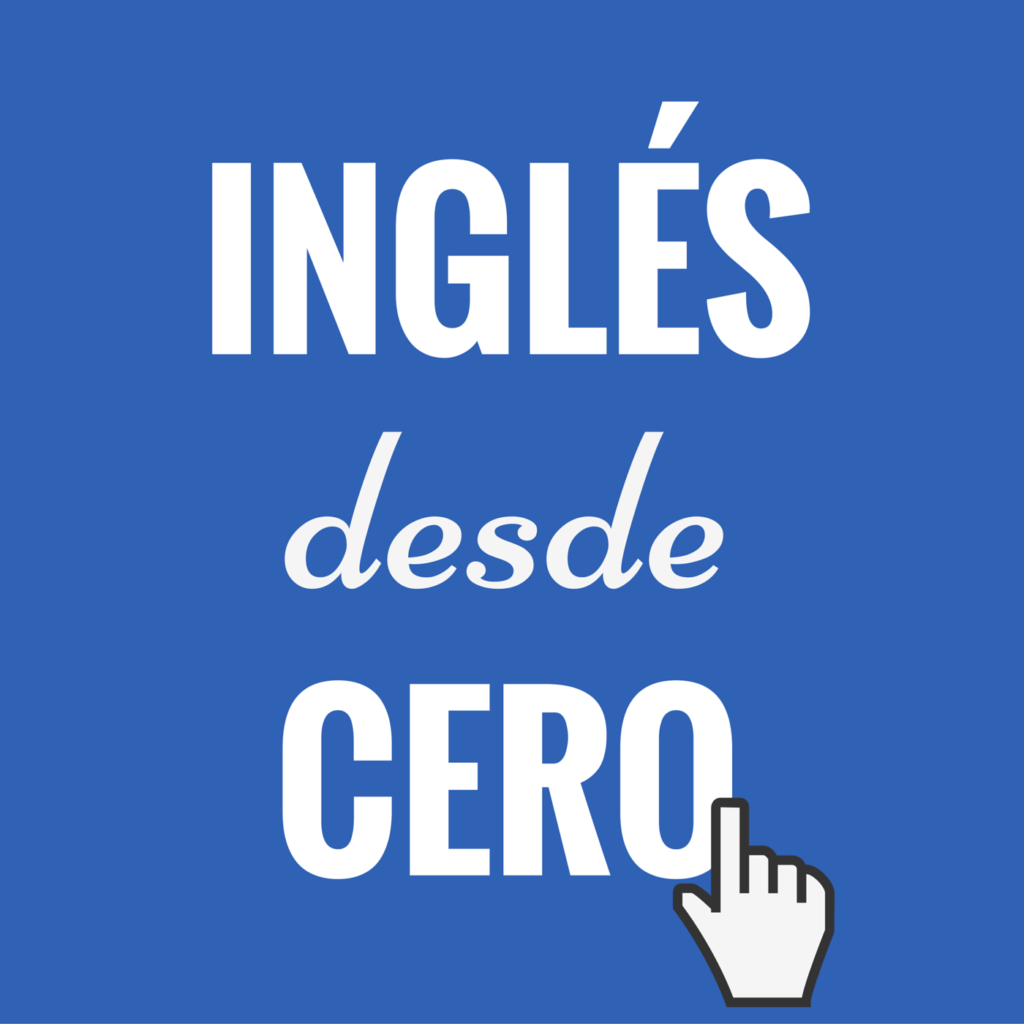Las preguntas son una parte vital en el proceso de aprendizaje. ¿Has escuchado alguna vez a un niño de tres o cuatro años? Te darás cuenta que sus palabras favoritas son “¿qué?” y “¿por qué?”.
Cuando estamos aprendiendo un idioma, las preguntas también son nuestras mejores amigas. En este episodio, vamos a comenzar con una pregunta muy sencilla pero muy importante. “Where do you live?” o “¿Dónde vives?”
Vocabulario
| English | Spanish |
| where | dónde |
| live | vivir |
| island | isla |
| province | provincia |
| capital | capital |
| communities | comunidades |
| trail | camino/sendero |
| lake | lago |
| tuna | atún |
| bass | lubina |
| salmon | salmon |
| traveling | viajando |
| accidental | por accidente |
| nowadays | hoy en día |
| including | incluyendo |
| large | grande |
| was born | nacer (pasado) |
| family | familia |
| moved | mudarse (pasado) |
| very | muy |
| small | pequeño/a |
| grew up | crecer (pasado) |
| few | pocos/as |
| here | aquí |
| many | muchos/as |
| rural | rural |
| biggest | más grande |
| town | pueblo/ciudad |
| shares | compartir (presente) |
| name | nombre |
| city | ciudad |
| flew | volar (pasado) |
| thought | pensar (pasado) |
| famous | famoso/a |
| come from | venir (presente) |
| around | alrededor |
| world | mundo |
| see | ver |
| autumn | otoño |
| leaves | hojas |
| hills | cerros/colinas |
| colorful | colorido/a |
| red | rojo/a |
| orange | naranja |
| yellow | amarillo/a |
| green | verde |
| fishing | pesca |
| caught | atrapar (pasado) |
| water | agua |
| inland sea | mar interno |
| speak | hablar (presente) |
| English | inglés |
| French | francés |
| language | idioma |
| spoken | hablado/a |
| learn | aprender (presente) |
| both | ambos/as |
| common | común |
| hear | escuchar |
| other | otro/a |
| places | lugares |
| visit | visitar (presente) |
| stay | permanecer (presente) |
| too | también |
Transcripción
Aquí estamos nuevamente, luego de una pequeña pausa. Espero que hayan recargado las pilas y ahora empecemos con toda la energía.
Lo primero que te voy a pedir es que prestes atención a las siguientes palabras y su traducción:
- Isla – Island
- Provincia – Province
- Capital – Capital
- Comunidades – Communities
Notarás que hay muchas palabras en español que se parecen en inglés. Estos se llaman cognados. Te pueden ayudar mucho a comprender el inglés, y de esta manera también te acostumbrarás al sonido del inglés.
A continuación, te voy a dar algo más de información sobre el lugar donde vivo:
- Nova Scotia – Significa Nueva Escocia en latín, es una de las diez provincias del país de Canadá.
- Cape Breton – Es una isla grande que forma parte de Nueva Escocia.
- Halifax – La ciudad capital de Nueva Escocia.
- Sydney – La ciudad más grande de la isla Cape Breton.
- Cabot trail – Un camino famoso que pasa por el norte de la isla de Cape Breton.
- Bras d’or Lakes – Está en francés, significa Lagos Brazos de Oro. Es un mar en medio de las islas Cape Breton.
- Mi’kmaq y Gaelic – Son idiomas tradicionales de los aborígenes y los escoceses, respectivamente.
- Tuna, bass and salmon – Son unos tipos de peces comunes de la región: atún, lubina y salmón, en el mismo orden.
Leer o escuchar algo en inglés es parecido a leer o escuchar algo en español. Si conoces algo del tema, es más fácil entender todo.
Como una ayuda extra aquí te dejamos otras palabras que se usan en el texto.
- Viajando – Traveling
- Por accidente – Accidental
- Hoy en día – Nowadays
- Incluyendo – Including
Estas son algunas palabras más largas del texto.
Ahora, ¡vamos a escuchar el texto dos veces! Primero en español, y luego en inglés.
¿Dónde vives? Vivo en Cabo Bretón.
Cabo Bretón es una isla grande, y forma parte de la provincia de Nueva Escocia en Canadá.
Nací en Halifax y ésta es la capital de Nueva Escocia. Mi familia se mudó a Cabo Bretón cuando yo era muy pequeño.
Crecí en Cabo Bretón. Hay pocas personas viviendo aquí y hay muchas pequeñas comunidades rurales.
La ciudad más grande de Cabo Bretón es Sydney. Comparte su nombre con la ciudad más grande de Australia. Una vez, un grupo de gente voló a Sydney Cabo Bretón accidentalmente. Pensaban que viajaban a Australia.
Cabo Bretón es famoso por Cabot Trail. Vienen de todo el mundo para ver las hojas en otoño. En octubre los cerros se colorean de rojo, naranja, amarillo y verde.
También es una isla famosa por la pesca. Algunos de los atunes, lubinas y salmones más grandes se han capturado en las aguas de Cabo Bretón y sus alrededores. Los lagos de Brazos de Oro forman el mar interior más grande del mundo.
En Cabo Bretón, la gente habla principalmente inglés y francés, pero muchas personas también hablan los idiomas mi’kmaq y gaélico. Hoy puedes aprender ambos idiomas en Nueva Escocia.
Hoy en día es más común escuchar idiomas de muchos otros lugares, incluido el español. Mucha gente viene a Cabo Bretón de visita, ¡y algunos también se quedan a vivir aquí!
Ahora, ¡en inglés! No te preocupes si no logras entender todo. Intenta escuchar las palabras del vocabulario.
Where do you live? I live in Cape Breton.
Cape Breton is a large island, part of the province of Nova Scotia in Canada.
I was born in Halifax. Halifax is the capital of Nova Scotia. My family moved to Cape Breton when I was very small.
I grew up in Cape Breton. There are few people living here. There are many small rural communities.
The biggest town in Cape Breton is Sydney. It shares its name with the biggest city in Australia. One time, some people flew to Sydney Cape Breton accidentally. They thought they were traveling to Australia.
Cape Breton is famous for the Cabot Trail. Many people come from around the world to see the autumn leaves. In October the hills are very colorful in red, orange, yellow, and green.
It is also a famous island for fishing. Some of the biggest tuna, bass, and salmon have been caught in the waters in and around Cape Breton. The Bras d’Or Lakes are the biggest inland sea in the world.
In Cape Breton, people speak mostly English and French, but the languages of Mi’kmaq and Gaelic were spoken by many people as well. Today you can learn both languages in Nova Scotia.
Nowadays it is more common to hear languages from many other places, including Spanish. Many people come to Cape Breton to visit, and some stay to live here too!
Ahora, queremos hacer la misma pregunta a nuestros oyentes. Where do you live? ¿Dónde vives?
Puedes responder en inglés o en español en los comentarios abajo. Si nos gusta tu respuesta, ¡puede ser que lo usemos en otro episodio del podcast!
Gracias por escuchar, thanks for listening!




27 comentarios en “133 – Where do you live?”
Hi Stephen! I’m very happy on your return! I want to tell you that I live in Bahia Blanca, a maritime city in the southwest of the province of Buenos Aires in Argentina. There is also a lot of fishing here! My husband went fishing very often and really enjoyed it! The pandemic altered all these activities and we can only look at the photos from years ago. The usual catch are groupers, withings, silversides and croakers. The climate is cold and windy, the vegetation scares, although we all plants trees and all kinds of plants to live better. Thank you for sharing you time with us!
Hey Silvia! Thanks for your answer! I’ve never heard of some of those fish, I’ll have to look them up online! Bahia Blanca sounds like a wonderful place!
Hola van a seguir con el reto de los 100 dias
hasta ahora solo llevamos 600 palabras
¡Hola Aylen! ¡Te explico lo que hicimos!
Dentro de las 800 palabras más frecuentes hay palabras de contenido (sustantivos, verbos, adjetivos y adverbios) y palabras funcionales (pronombres, preposiciones, artículos, etc.) Nosotros hicimos foco en las palabras de contenido (por ese motivo son 623 palabras) y las funcionales (que sería el resto de las palabras), las aprendieron sin percibirlo, ya que están incluidas en las frases de ejemplo.
Saludos desde Canadá 😊
Hello Stephen,
I live in Corcubion,a maritime city, in the northwest of the province of Galicia, one comunity of Spain.
The climate es windy and raining in the winter and autumn.
The lanscape are green all year.
ThanK you for spend you time with us..
Hello Jesus! Your city sounds very nice, thank you for following us!
Siempre deseé aprender Inglés.
Ahora en el otoño de mi vida quiero cumplir ese deseo en el transcurso de mi vida
Hola Magdalena! Que bueno que te hayas animado. Saludos!
I live in Chile, Puente Alto or High Bridge in English. Puente Alto is a big district of Santiago, capital of Chile, I grew up here and when we were looking for a house with my wife, we decided on her because it is near nature. I think was a good decision, our house it’s nearly the Andes Mountain Range, too, It’s next The Cajon Del Maipo, that is rural community surround of mountains and overflow of nature also of animals, for example Vizcachas, that is a famous animal of the zone, it´s like a rabbit.
Puente Alto is of One hour away from Downtown, you can even take a Metro (Underground) for travel around Santiago. The Metro is the most popular means of transport and It´s a our proud, It’s a the best of the South American, it’s also modern, beautiful and encompasses the majority of the city. Puente Alto have a Shopping Centers, Hospitals, and all community services that people needed. On the other hand, in spring run a windy, very hotter, called El Raco, born in the mountains in Cajon del Maipo than advanced for Avenue La Florida….
Finally, in this place, It’s where you find adventure, calm, hot spring, hotels, restaurants, you must riding the horse, canopy, rufting, hills, and wonderful landscapes, therefore one experience with nature, It’s a magical place.
Well, If there is one bad thing, the cold….. because while more high it’s more cold in winter. But if you love the nature, then you would love Puente Alto
Hi César! Very interesting!! Have a good day.
Hola , estoy feliz por su enseñanza.. los encontré en Spotify todo los días los escucho en el trabajo.Gracias de todo corazón 💗
Hola Diana, muchas gracias por elegirnos! Nos alegramos de que te guste. Saludos!
I live in Caaguazu, Paraguay
i live in colombia more specifically in bogota that is the capital, in this country there are not seasons, but the weather is very cool and sunny during every year, i like to live here our gastronomic and culture is very interesting, i invite everyone to coming here its a wonderful place and the people is very friendly never you will fell sad.
its the first time that i write a text i hope its not too bad
Very good! Excellent work! Continue like this!
Dear teacher, good morning.I live in the musical city of Colombia. It’s Ibagué the capital of the department of Tolima.I was born in a small town called Libano in the north of this departamento.It has a very nice weather, but isn’t very hot here. It has hight and beautiful forested mountains where many birds, trees and many coffees crops live.
I live in Seville.
Seville es a large city, part of a region called Andalucia.
Andalucia is made up of eight provinces, and Seville is the capital.
I was born in a town in de province of Seville. I lived there all my chidhood until I muved to work in Seville.
Seville is a very touristic city. Many people come from around the world to see their famous monuments and ist river: «The Giralda», «The Golden Tower», «Bullring», «Spain Square» and «Guadalquivir river»
The Guadalquivir river crosser the city. It is a navigable river and in spring large boats dock with tourists form all over the world.
It is also famous for the regionals festivals: «Holy Week» and «The April fair»
In Seville, people speak Spanish, but it is easy to hear other languages as it is a very toruristy place.
Hola, solo para agradecer la difusión y enseñanza de su idioma, me parece un proyecto motivador, y ûtil para mí cómo alumna de universidad. Gracias un saludo.😀🏆✅🔟
Nos alegra poder ayudarte Patricia!
I live in Costa Rica,
my country is wonderful
Hi Raquel, the pictures of Costa Rica are beautiful!
Hi Stephen, glad to meet you.
My name is Leopoldo Dominguez and I was born in Venezuela. I am living in Miami since November 2020 and I was looking for some way to learn to speak English. Miami is a mix of Latinamerican people and almost everybody speak spanish, thas why we usually do it.
I am very glad to know that you lived in Venezuela and listen to you speak about our tipycal foods: Cachapas, empanadas, … I remember too that you said, your wife was born in Venezuela. She is my Paisana…. jajajaja
I want to congratulate you and your partner for this wonderful English course. I am ver grateful for what I am learning and wish the best for you and all my fellow students.
Best regards,
Leopoldo Dominguez
I was born in a little town called of Santa Marta, part of the providence of Magdalena in Colombia. I was lived here all my life, it is very small town. But they have a amazing sea, there are a few people living here. It is a tourist city, there are must f rural people. The biggest town is Santa Mart. One time, some people flew to Bogota looking for biggest opportunities. They tought they were traveling to all around, but also wrong it. Santa Marta is was famous for the beachs, for Mountains called Sierra Nevada. Also,They have a four termal floors. Many people come from in December a January to see a great sunsets a enjoying to beach a lot. In December get a lot of winds heavys and very colorful hills, in green and yellow, also to, greats sunsets, in orange and red sun. In Santa Marta people speak mostly spanish. End
I live in colombia. The spanish is the language more speak in the country.
Thanks for your comment Leonardo! I love Colombia, it’s a beautiful country!
Hi everyone! I like this class, thank you for your effort. I’m living in Argentina, I born in the Buenos Aires’ Province, at a small city called Moreno. But I grew up in the next town Merlo, this is a beautifull place. It’s not for tourists, because there isn’t airport, just there is a bus terminal. But we have a theatre movie, and our cultural activities are very nice.
Hi Ivana! Merlo sounds like a great place, I love to visit small, out-of-the-way spots with interesting culture!
Los comentarios están cerrados.